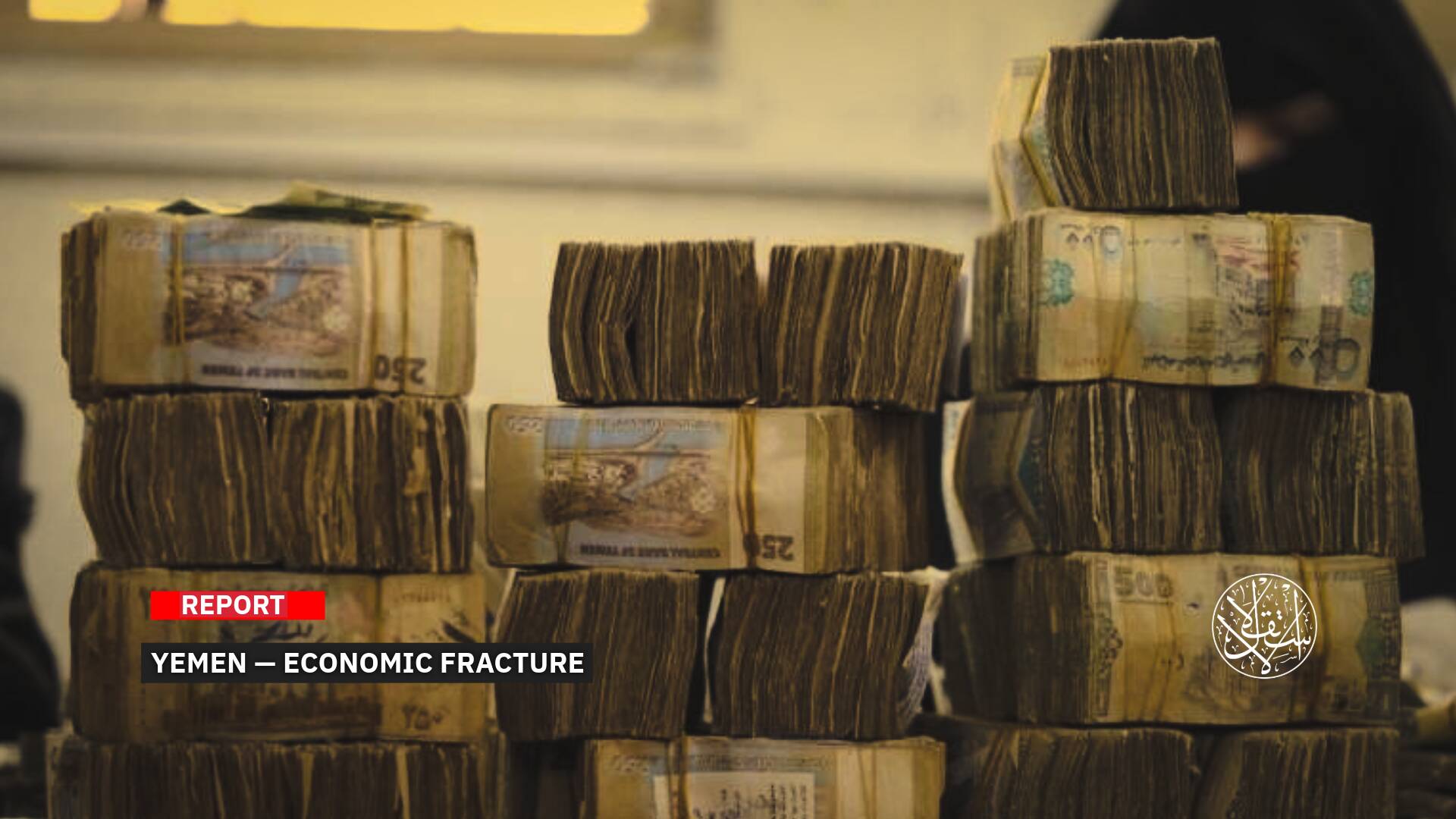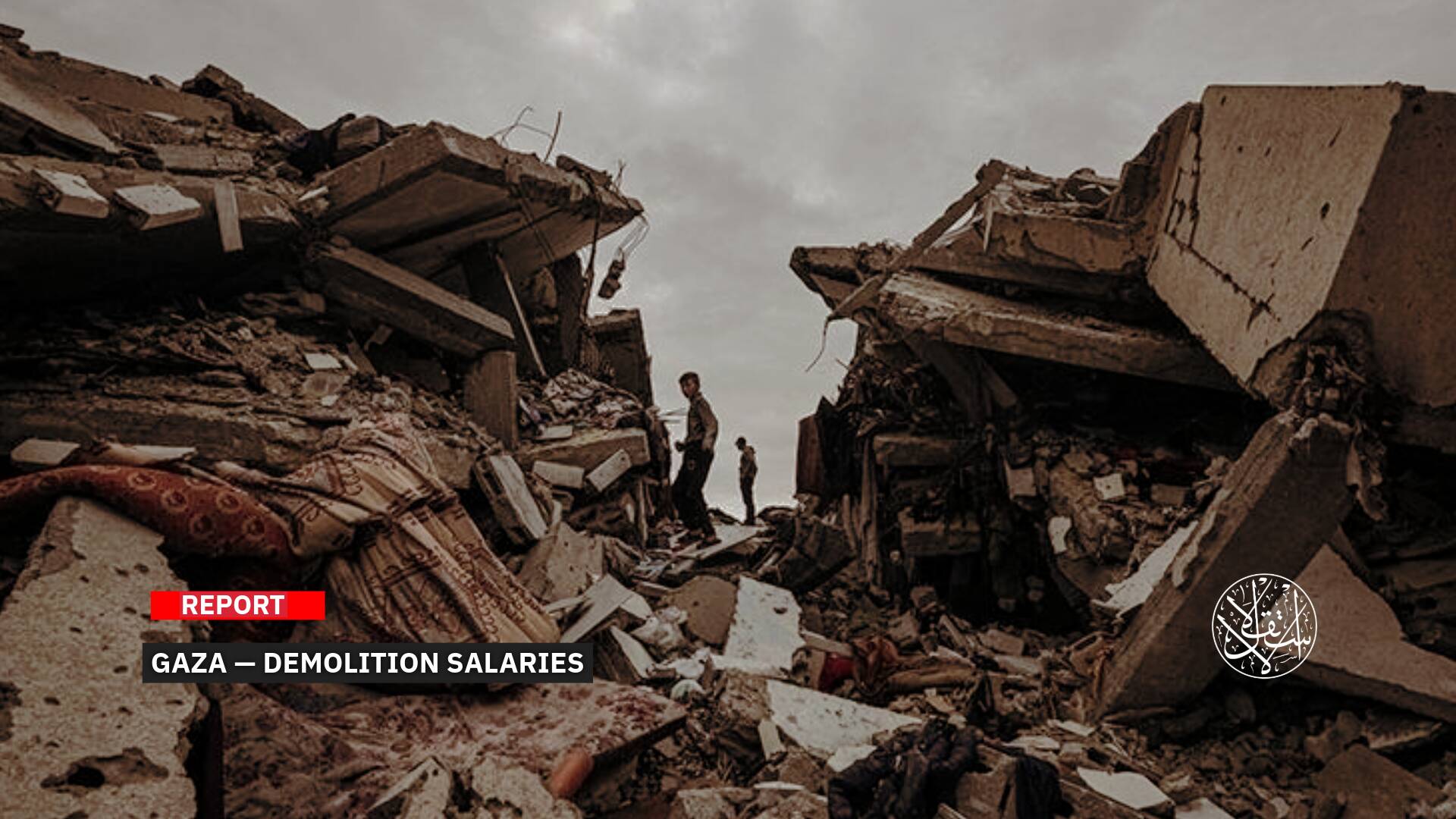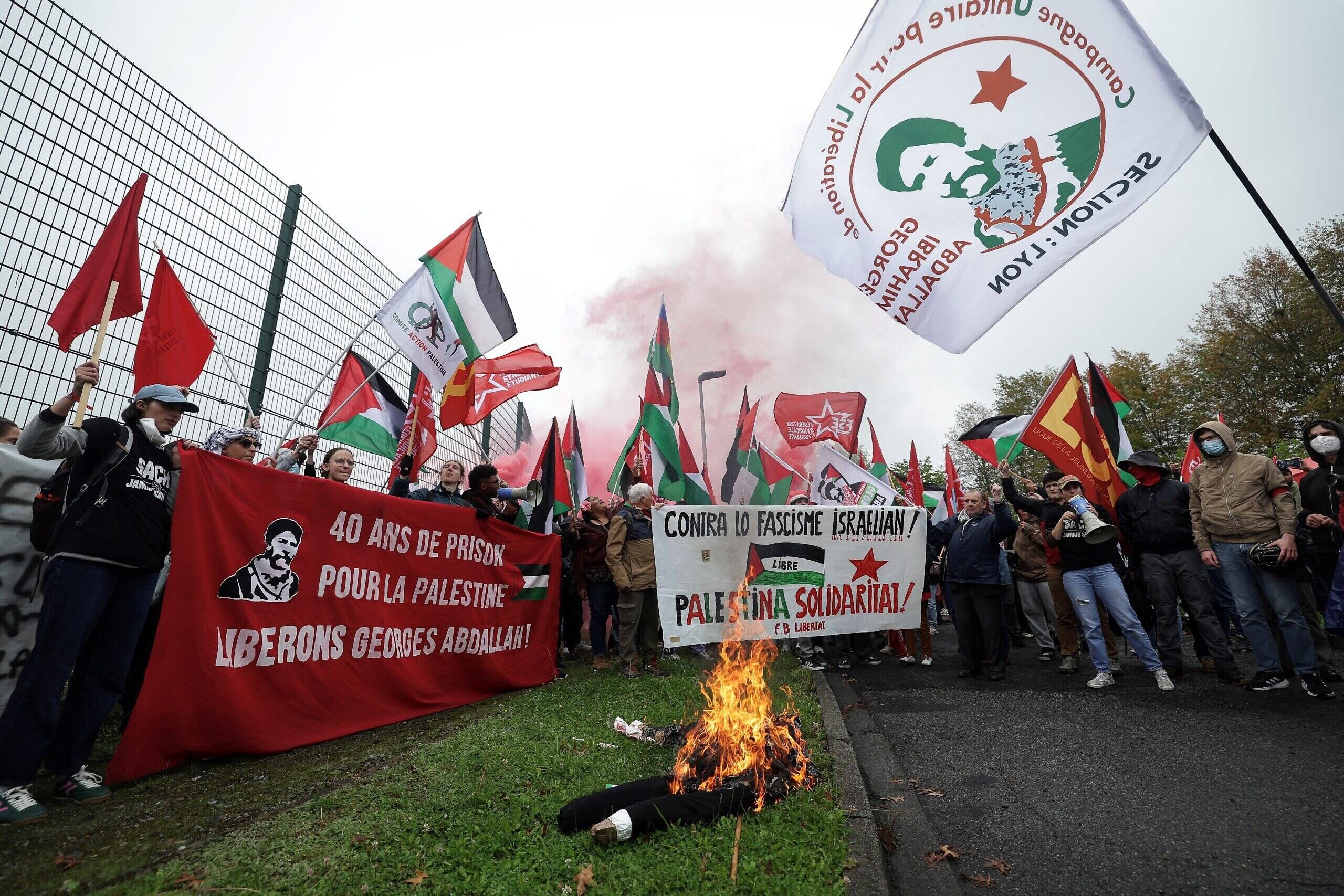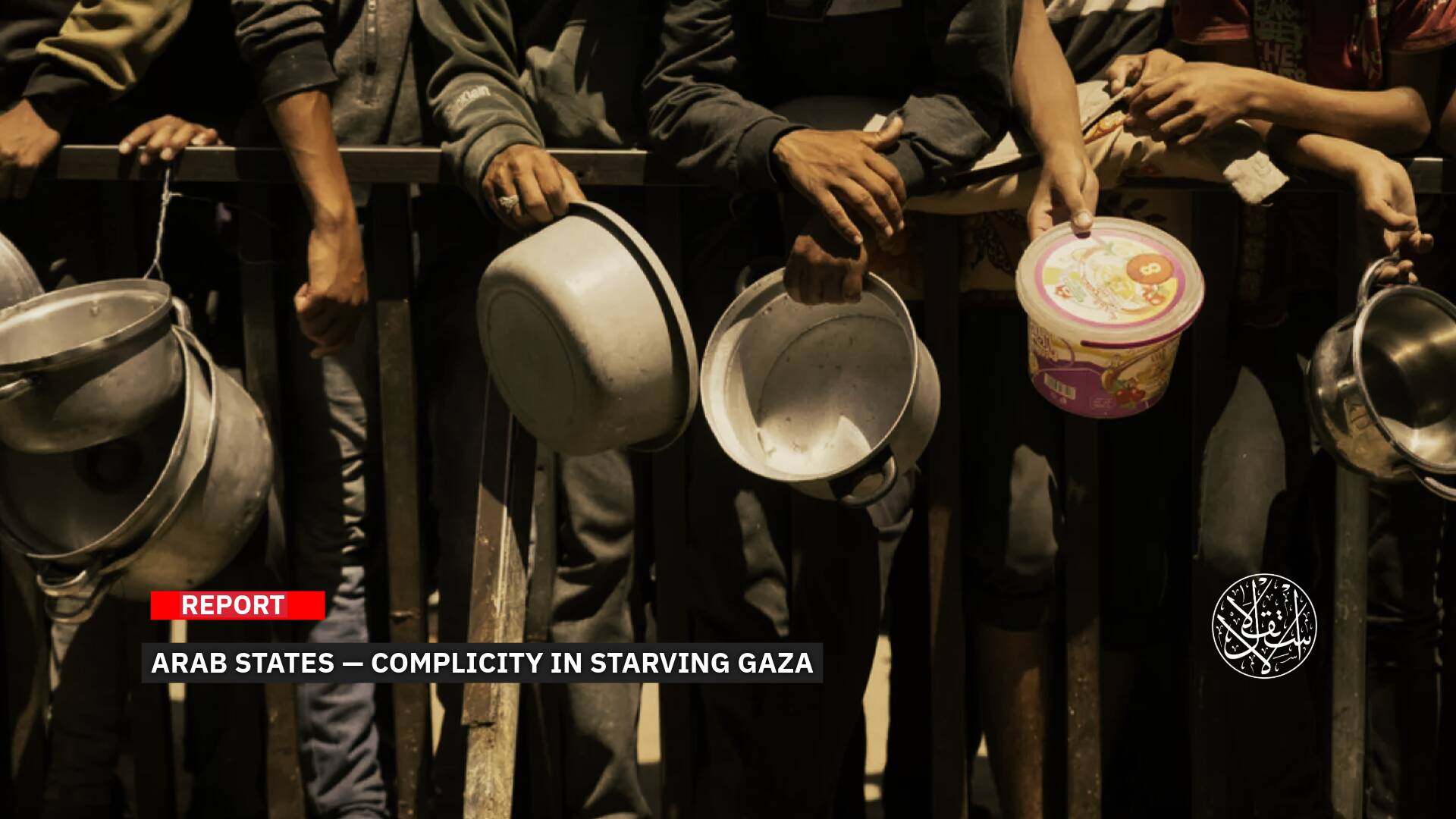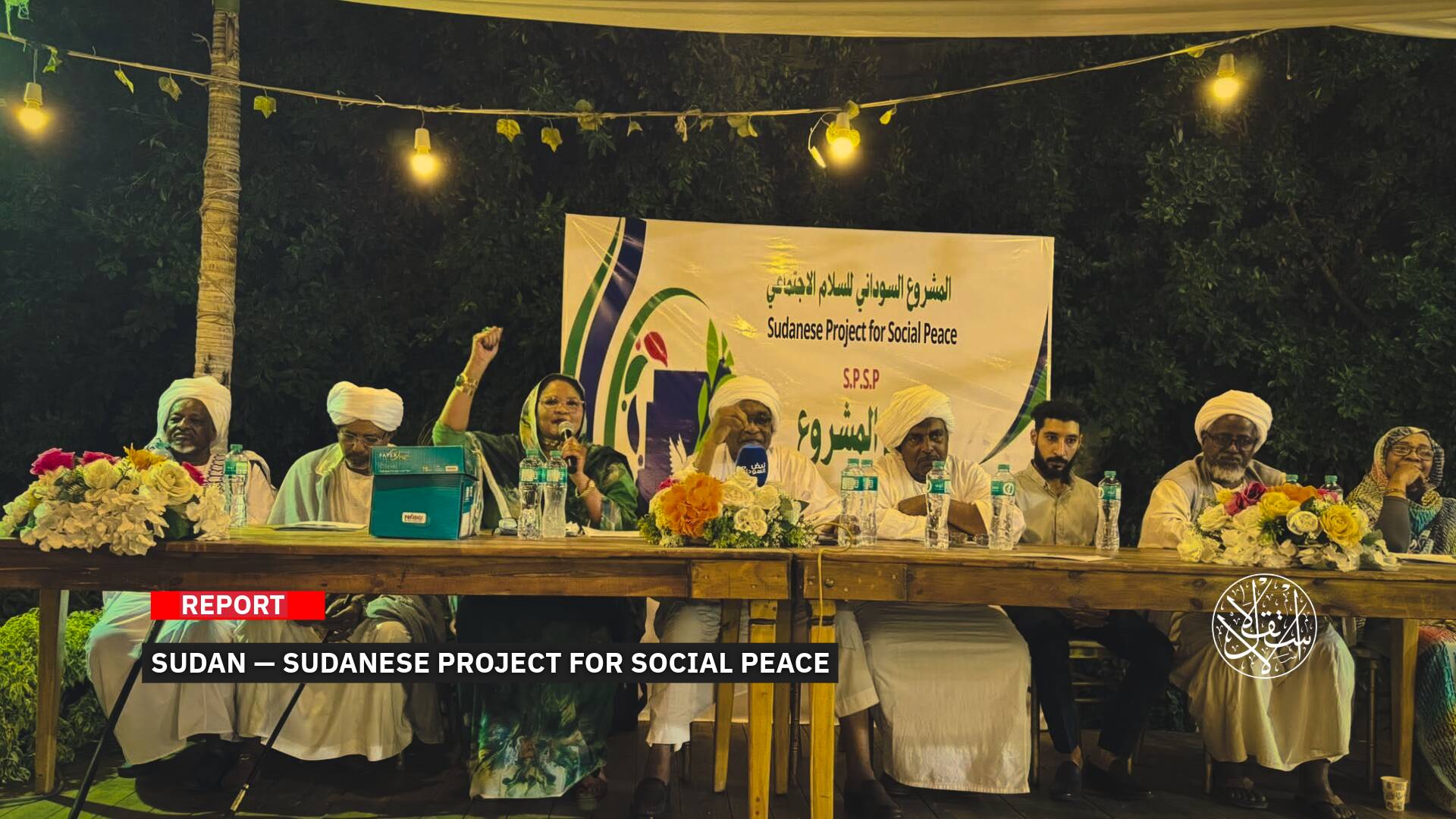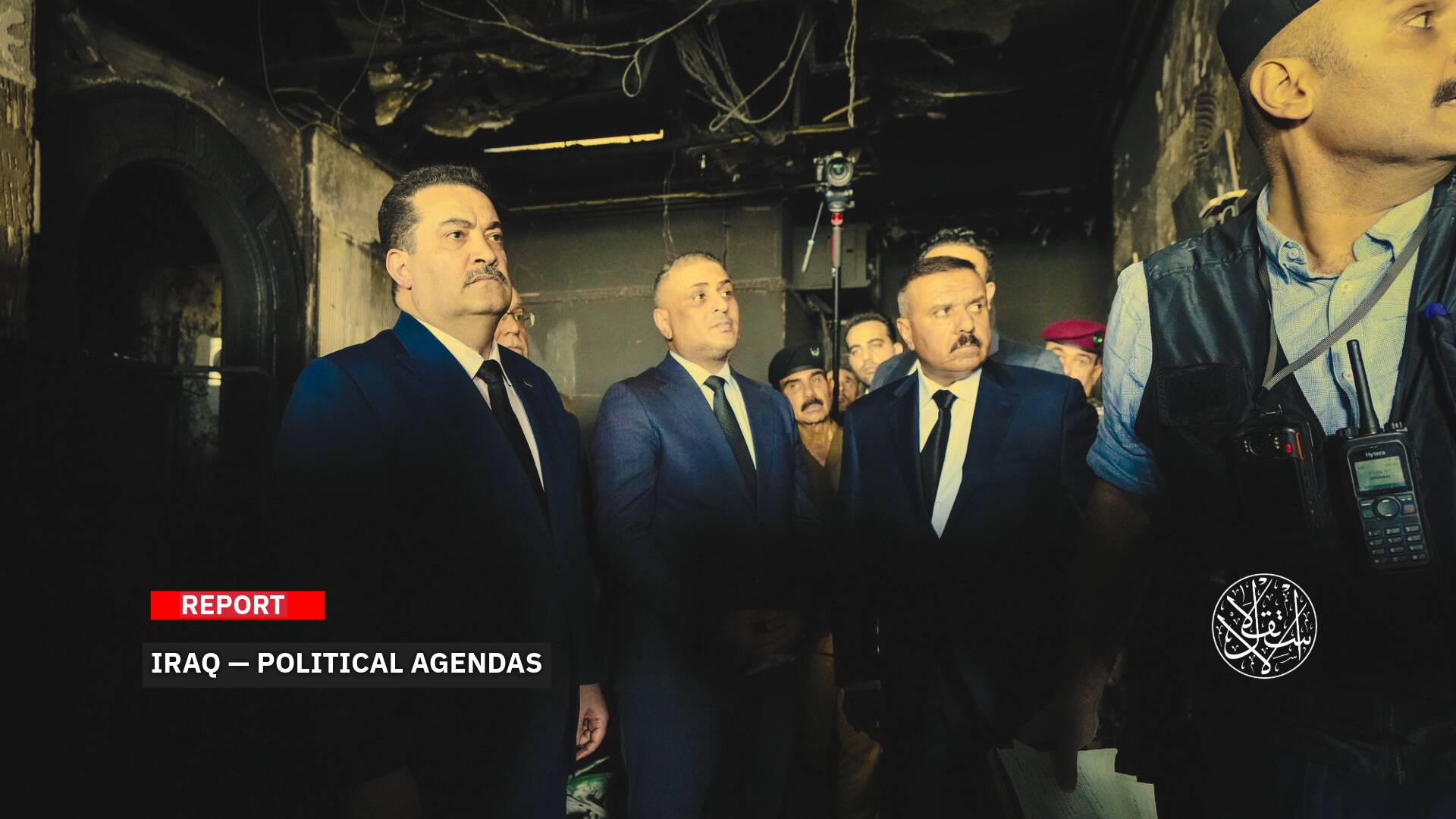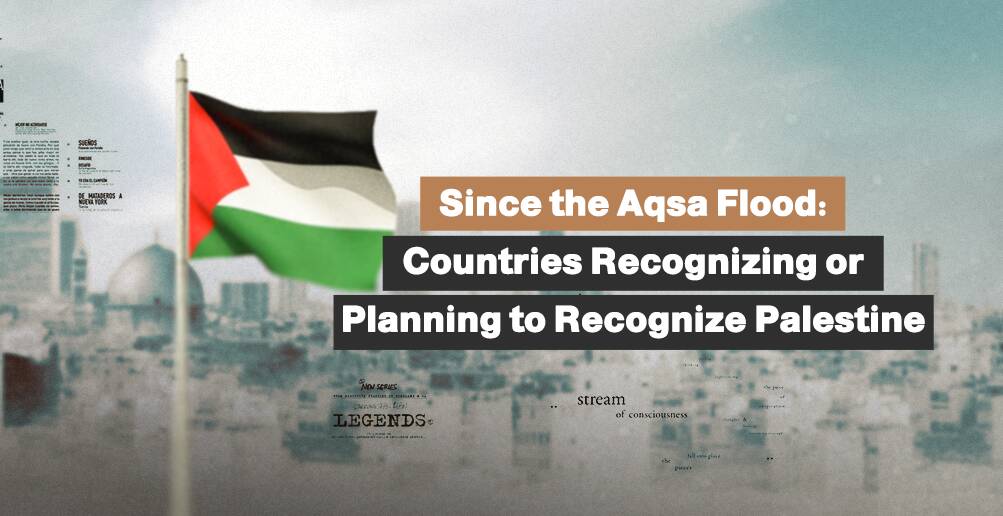Why Is the Sisi Regime Attacking Syrian and Sudanese Migrants in Egypt?

Sudanese and Syrian nationals are increasingly being blamed for the heightened consumption and rising prices in Egypt.
Amid Egypt's ongoing economic crisis, the country has witnessed a troubling surge in social media attacks against foreign immigrants, particularly refugees, who have become scapegoats for the nation's economic woes.
As living costs soar and purchasing power declines, these vulnerable groups, notably Sudanese and Syrian nationals, are increasingly being blamed for the heightened consumption and rising prices.
Systematic Campaign
In July, the Arab Fact-Finding Community reported a disturbing trend of systematic and coordinated online hate campaigns targeting Syrian and Sudanese refugees.
These campaigns have seen participation from pro-regime Egyptian social media accounts, which have spread dehumanizing rhetoric and incitement, likening refugees to animals and invaders and calling for violence against them.
The spread of this hate content appears to be aligned with the government's narrative, which has sought to frame refugees and foreign residents as a significant economic burden.
This strategy serves a dual purpose: deflecting blame for the government's policy failures and leveraging international donors by exaggerating the refugee situation.
Official and semi-official media outlets, loyal to the authorities, have reinforced this narrative by attributing economic challenges, such as price hikes and product shortages, to the presence of refugees.
This has fueled public animosity and mobilized popular sentiment against these vulnerable populations.
Concurrently, the Egyptian government has increased residency fees, demanding payment in dollars, and introduced complex restrictions, further complicating life for many foreigners, especially Syrians and Sudanese.
Basel Reda, an Egyptian political researcher, says that Egypt has long been a hub for Arab and African migrants, attracting those seeking residency, asylum, or tourism. Its historical, geographical, and social ties make it a safe haven for people fleeing wars and political unrest.
According to Reda, the Arab Spring of 2011 significantly increased the flow of displaced people into Egypt, with millions seeking refuge from conflict-ridden countries. Currently, four nationalities account for about 80% of Egypt’s migrant population: Sudanese (4 million), Syrians (1.5 million), Yemenis (1 million), and Libyans (1 million).
Despite these large numbers, the Egyptian government does not provide accurate and updated data on the foreign resident population.
Instead, officials and media often inflate refugee figures. Prime Minister Mostafa Madbouly, for instance, claimed at the World Economic Forum in Riyadh last April that Egypt hosts 9 million refugees, costing the state an estimated $10 billion.
However, according to the United Nations High Commissioner for Refugees (UNHCR), the actual number of refugees in Egypt is around 670,000, spanning 62 nationalities.
This includes approximately 387,000 Sudanese, 156,000 Syrians, and 43,000 South Sudanese. These asylum seekers receive support from the UNHCR, and Egypt receives financial assistance from the United Nations and the European Union for hosting them.
In contrast, the broader population of foreign residents in Egypt is estimated at about 8.5 million by the International Organization for Migration.
These individuals typically live under the residency system and do not impose direct costs on the state. They pay fees in dollars for residency permits and renewals, among other expenses.
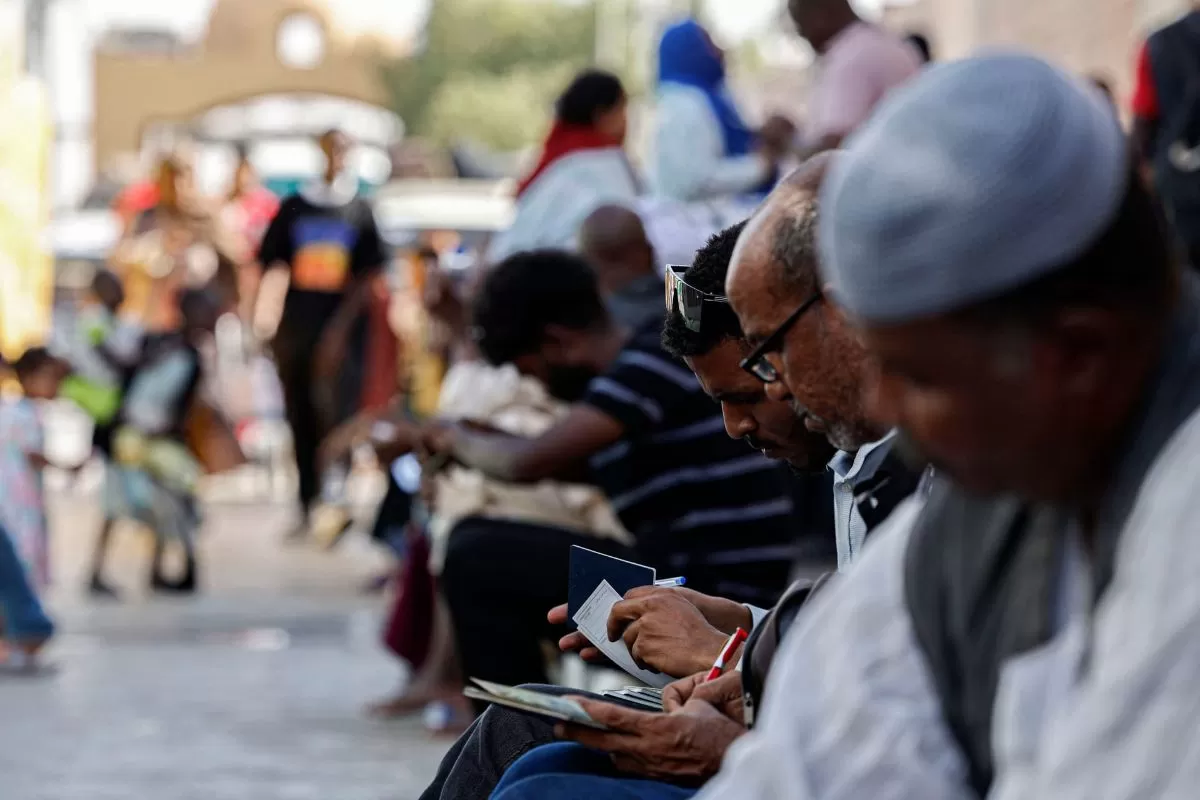
Economic Benefit
The influx of foreign immigrants to Egypt has been diverse, ranging from ordinary individuals to wealthy families and businessmen, many of whom have transferred their assets and wealth to the country.
“Over the years, these arrivals have injected billions of dollars into the Egyptian economy, with the government facilitating residency and investment procedures to attract tens of thousands of investors,” Reda told Al-Estiklal.
He continued: “These immigrants have established thousands of small and medium-sized enterprises in Egypt, providing employment to hundreds of thousands of workers.”
A World Bank report highlights that approximately 30,000 Syrian investors have brought around $1 billion in investments, while Yemeni investments are estimated at about $5 billion.
Migrant investments have revitalized numerous sectors, adding diversity to the Egyptian market.
They have contributed to manufacturing industries like clothing, textiles, furniture, and food, as well as the real estate sector through the purchase of apartments and residential units.
The service sector, including restaurants and shops, has also seen significant investment.
According to the International Organization for Migration, more than 70% of migrants are employed in stable, permanent jobs in Egypt, helping to reduce the unemployment rate among Egyptians.
The Egyptian state benefits significantly from various fees imposed on immigrants. These include fees for investment and real estate residency, which require deposits ranging from $50,000 to $200,000, or the purchase of property of equivalent value, depending on the length of residency.
Investors also pay fees to register commercial activities and taxes on profits. Foreign residents must obtain work permits, costing from 3,000 pounds initially, rising to 12,000 pounds annually.
Other types of residency, such as tourist and study residencies, come with lower fees but still generate substantial revenue.
The government has promoted educational residency by attracting foreign students, especially from Arab countries, to draw in foreign currency.
In 2019, President Abdel Fattah El-Sisi launched the "Study in Egypt" initiative to facilitate the admission of foreign students.
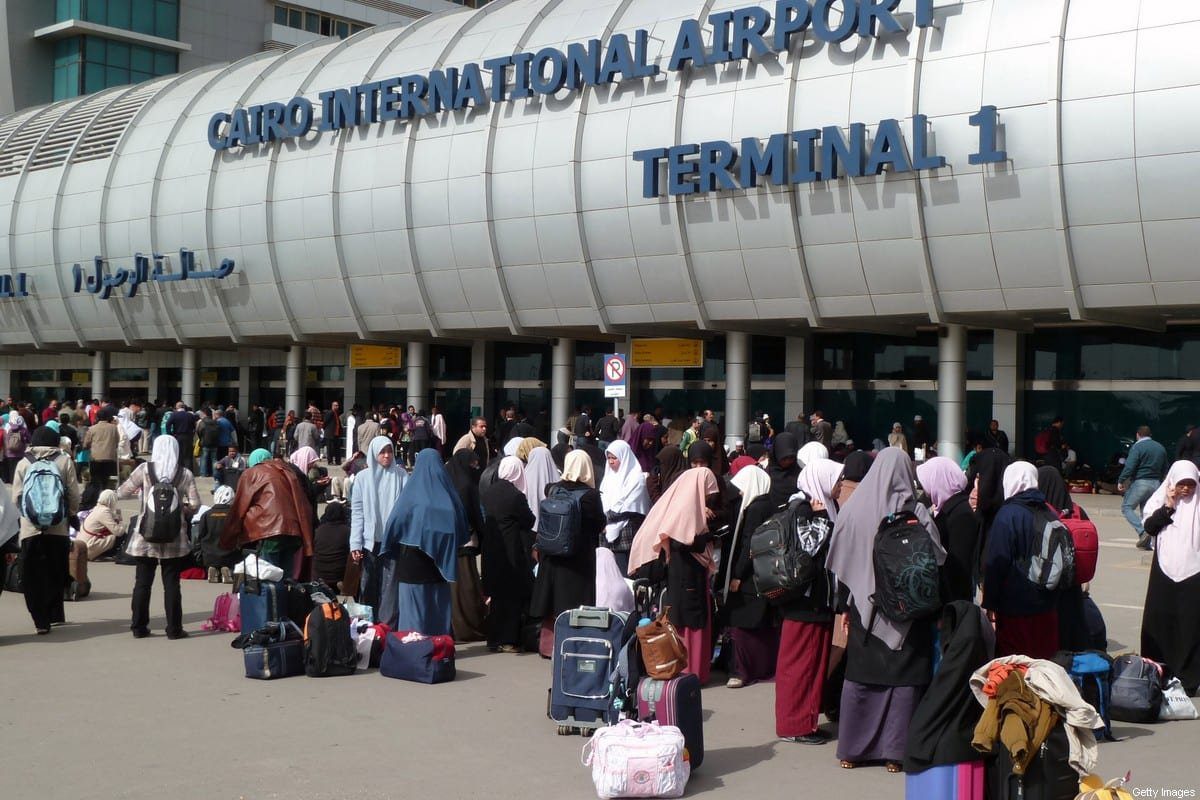
In August of last year, the Egyptian government announced that undocumented foreign residents would need to pay a fee of approximately $1,000 to legalize their status and renew their residency permits.
This grace period has been extended every three months, with the final deadline at the end of September. After this period, the government warned that violators would face legal action.
Alongside this decision, residency fees for certain nationalities were increased and required to be paid in dollars.
“Additionally, new restrictions and complex procedures have made life more challenging for many residents, particularly Syrians and Sudanese,” Reda said.
“Tourist residencies, once valid for six months to a year, are now issued for only two or three months. This forces residents to apply for renewals more frequently and pay additional fees. Delays often result in fines,” Reda added.
Several residents expressed frustration over delays in issuing or renewing residency permits, which prevent them from accessing essential services such as internet, SIM card activation, and money transfers. This is especially challenging for those relying on remittances from family abroad.
According to an Amnesty International report, mass deportations of Sudanese migrants who entered Egypt without visas or with invalid residence permits began in September 2023, with 3,000 people deported to Sudan.
In the first quarter of 2024, 800 Sudanese refugees were deported after being arrested by border guards or at city checkpoints
The UNHCR report indicated that these individuals were interrogated without legal representation and faced harsh detention conditions before their deportation.
Caught between the pressures of the state and the limitations of international agencies, many foreign migrants in Egypt endure difficult conditions as they attempt to regularize their status and avoid deportation.


